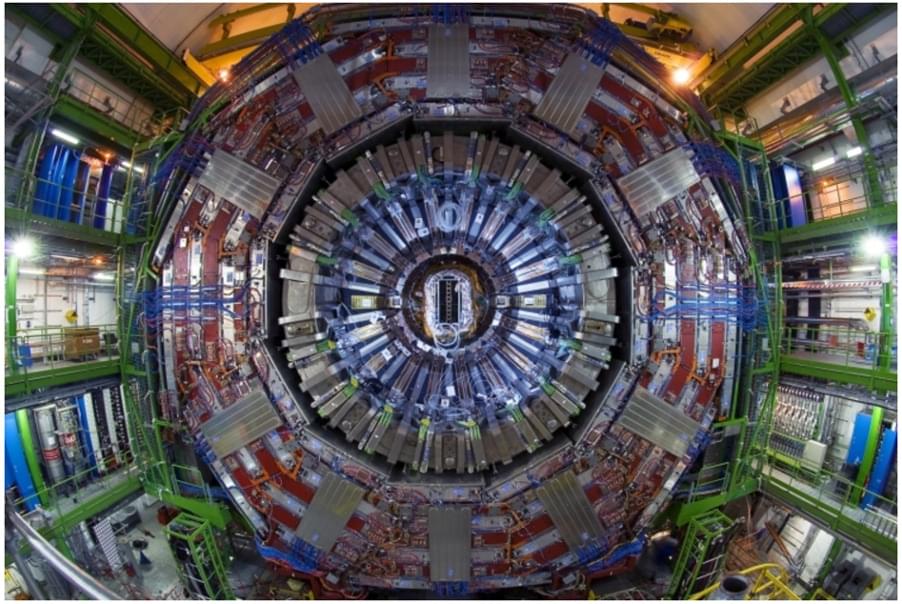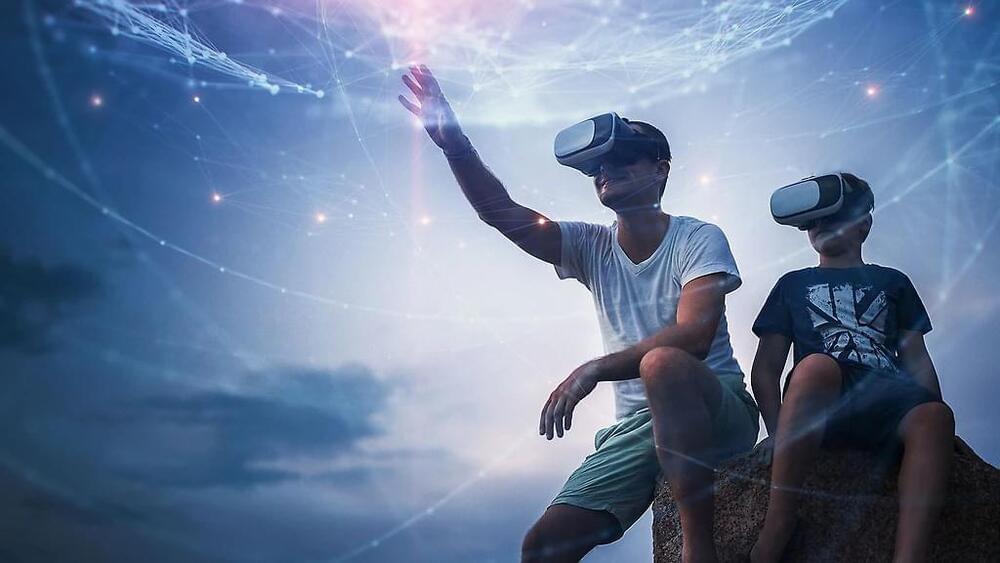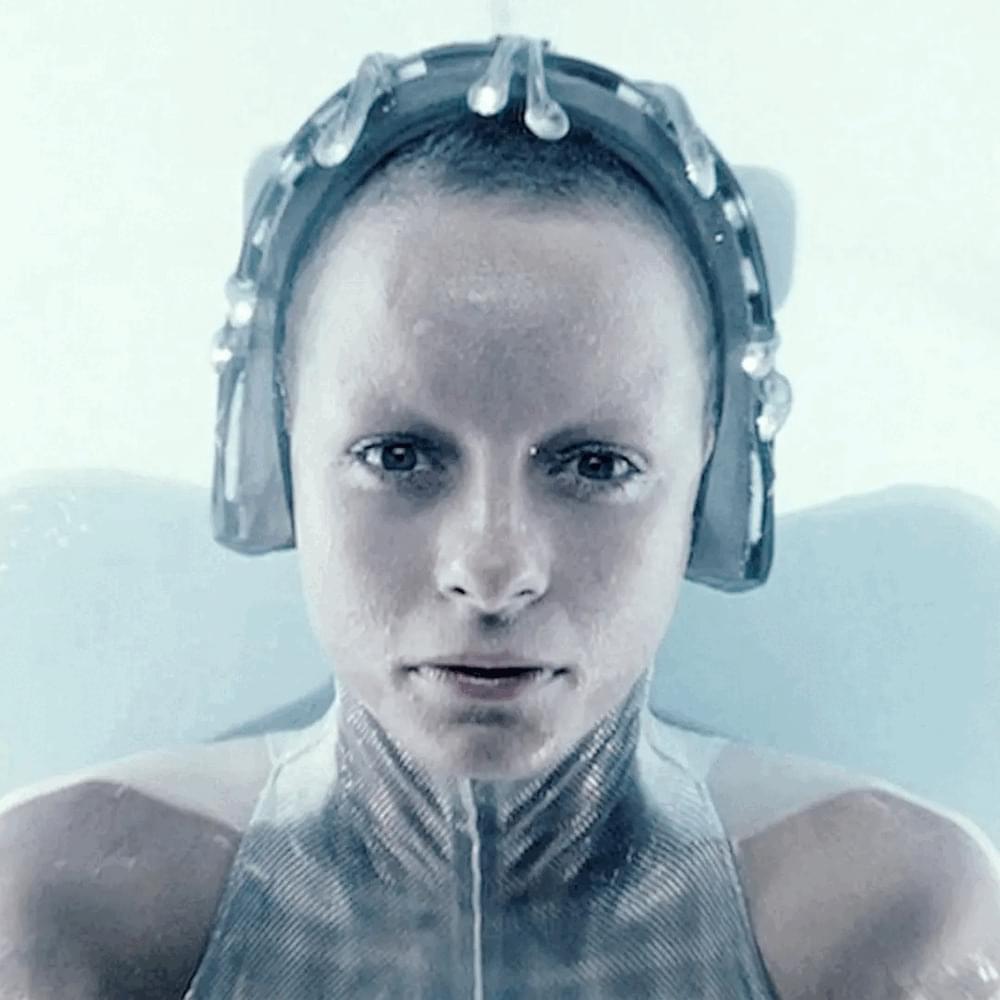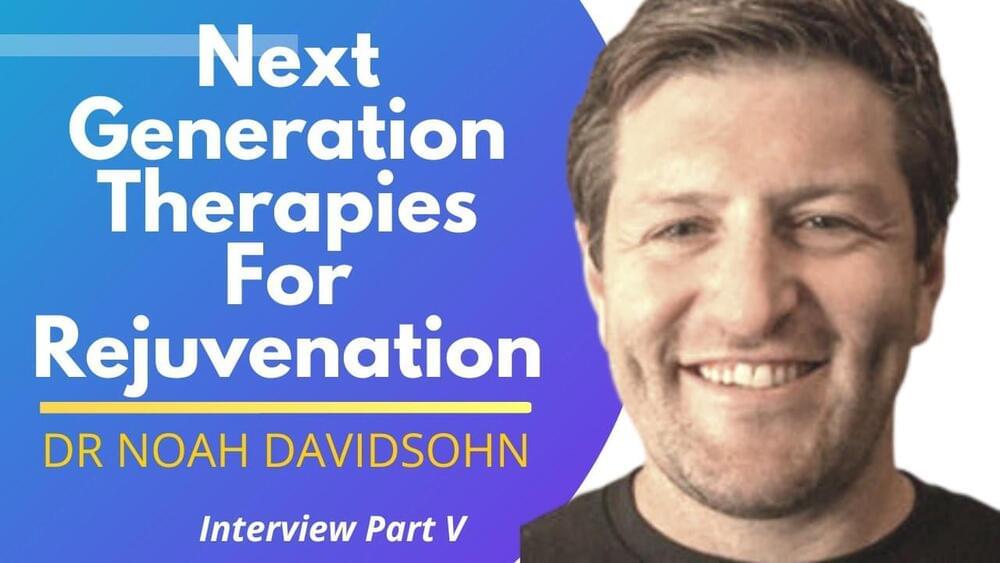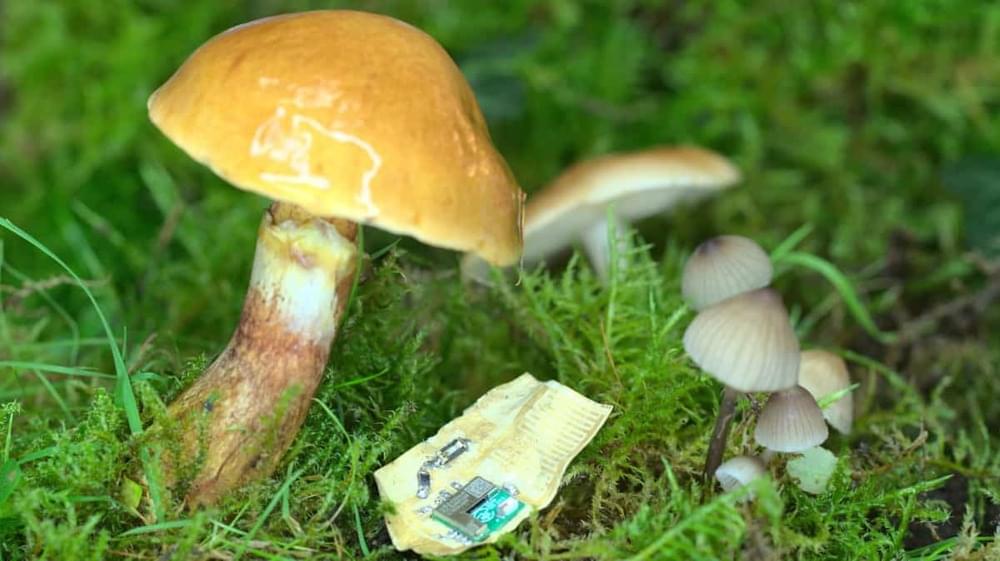Dec 3, 2022
OpenAI’s ChatGPT shows why implementation is key with generative AI
Posted by Gemechu Taye in category: robotics/AI
It’s probably not a secret to those doing a lot of focused work in the space, but when it comes to generative AI, it’s quickly becoming apparent that how a user interfaces with generative models and systems is at least as important as the underlying training and inference technology. The latest, and I think best example, comes via OpenAI’s ChatGPT, which launched as a free research preview for anyone to try this week.
In case you haven’t seen the buzz around ChatGPT yet, it’s basically an implementation of their new GPT-3.5 natural language generation technology, but implemented in such a way that you just chat with it in a web browser as if you were slacking with a colleague or interacting with a customer support agent on a website.
OpenAI has already made waves with its DALL-E image generation technology, and its GPT series has drawn attention with each successive release (and occasional existential dread on the part of writers). But the latest chat-style iteration has seemingly broadened its appeal and audience, in some ways moving the conversation from “wow, undergrads are going to use this to submit bad but workable term papers” to “wow, this could actually help me debug code that I intend to put in production.”


